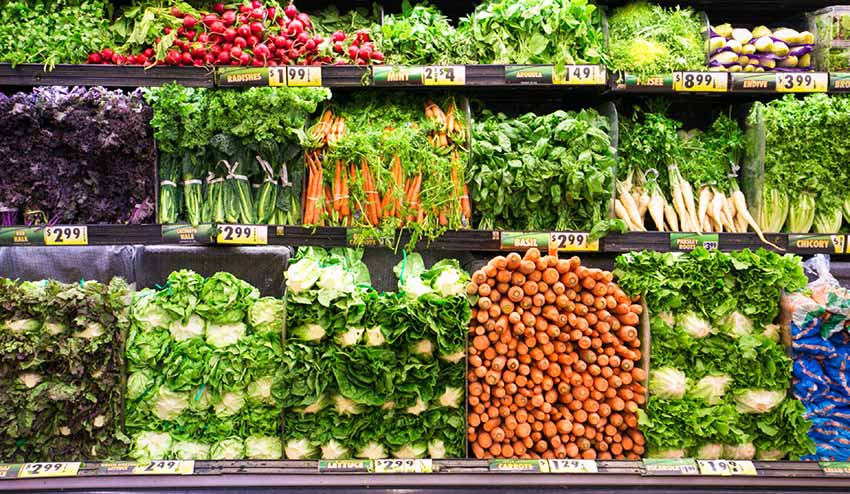Satellite Office
4660 Kenmore Avenue, Suite 416Alexandria, VA 22304
703-620-4300

“Over the past decades, our nation has experienced a significant decline in health, largely due to the processed foods consumed on a daily or weekly basis.”
When you walk through a grocery store, what’s the first thing you see? Regular supermarkets will put the most enticing items at eye level to get customers’ attention. Unfortunately, that doesn’t mean they’re the healthiest choices for our bodies.
Though the standard Western diet seems obsessed with health and nutrition, that’s not the case. Over the past decades, our nation has experienced a significant decline in health, largely due to the processed foods consumed on a daily or weekly basis. To make matters worse, many companies place health claims on the packaging, and grocery stores promote these products. Thus, in order to find healthier foods, we have to generally rely on the perimeter of the store.
Those items claiming to be healthy, often full of chemicals, artificial flavors, and sweeteners, are usually in the main internal aisles. Whereas, the healthiest foods are often marketed on the perimeter of the store and make no claim to their benefits. Think of fresh fruits and vegetables, grass-fed beef products, or organic milk. These are great choices to add to your grocery shopping cart — you just have to browse the perimeter to find them. Grocery stores are now aware that people are making this change in their shopping patterns, and they have started to shift items around so be aware and read the labels carefully.
Arriving at the produce section of a store, you still might need some help knowing which items are best. To make these decisions a little easier, here are the Dirty Dozen and the Clean Fifteen of 2020. Each year, one list is updated to help shoppers avoid vegetables and fruits most likely to contain pesticides and the other is aimed to help you pick foods that are cleaner. Alternatively, if you want something in the dirty dozen — it is best to spend a little extra and buy organic.
In addition to choosing the freshest fruits and vegetables, I also recommend avoiding certain oils when shopping for other foods. Canola, corn, cottonseed, soybean, rice bran, sesame, peanut, safflower, and sunflower are all highly processed and oxidize easily and tend to be
pro-inflammatory. Instead, choose foods with avocado, olive, and coconut oils, which are healthier alternatives.
|
With the suggestions above, |
  |